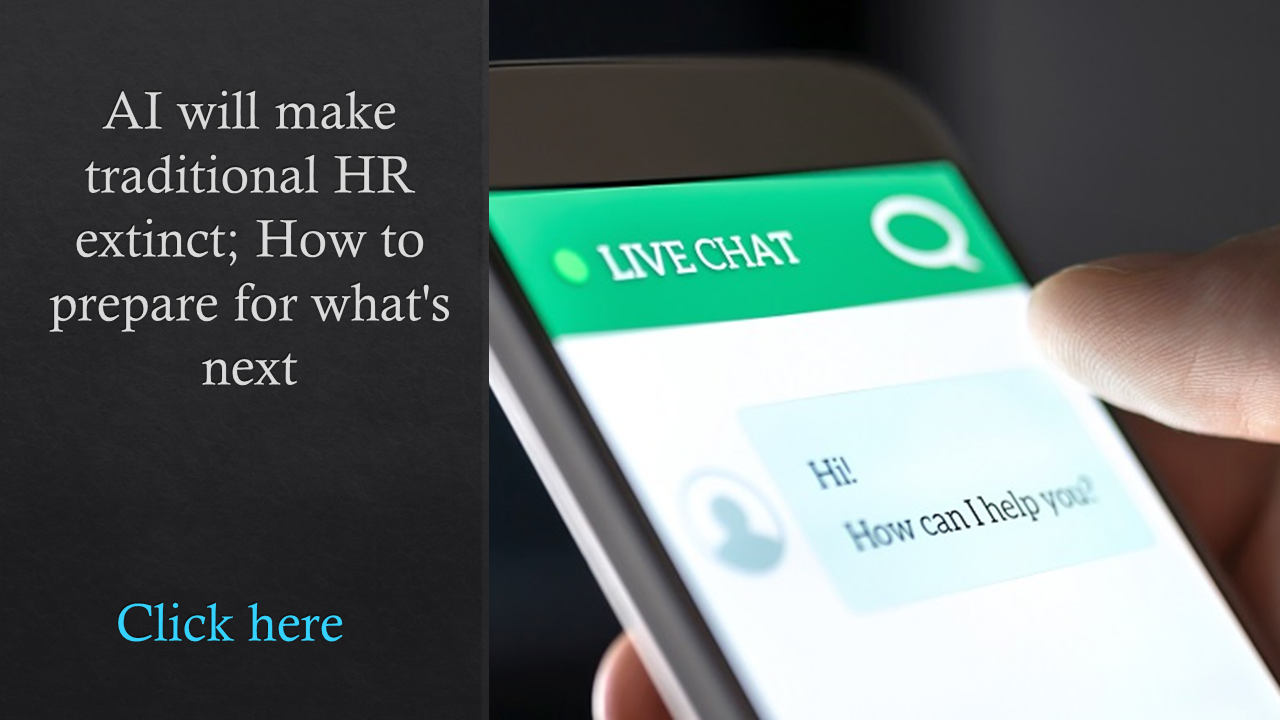Artificial intelligence has the potential to help human resource professionals make a massive impact on their company’s culture, performance, efficiency and diversity. When embraced and applied properly, AI can become a secret weapon for hiring professionals in avoiding the obligatory, monotonous tasks they’ve always resented, while enabling hiring teams to unearth things about their candidate pools that would otherwise remain unseen.

Here are a few ways that AI can help HR pros become the best versions of themselves:
Expand the pipeline
Traditional methods of recruiting force us to narrow the pipeline significantly. Before AI, there simply was no way to fully consider every candidate to determine relevant experience, perceived fit or background. Instead, we were forced to cut down the talent pool to a size that could realistically be evaluated, and we did so using primarily non-predictive and often biased information depicted on a resume. Now, AI has an unparalleled ability to go beyond these traditional factors and interpret massive amounts of additional data points.
When paired with pre-employment assessments, AI can help you consider personality traits, workplace competencies and cognitive abilities that are normally only observable to recruiters during the interview process, or sometimes even post-hire, when it’s too late. Instead of relying solely on resume factors to determine which candidates to bring into the process, recruiters can expand their consideration to include these other, often more predictive factors, of on-the-job success.
This type of expanded consideration leverages technology to broaden our pools to those candidates we might have never otherwise considered, while at the same time shortening the amount of time required to thoroughly evaluate them. It also results in increased diversity.
Drive diversity
When we begin to look outside of the resume to determine potential fit, we open ourselves to candidates from more diverse backgrounds. Students from higher-income backgrounds generally achieve higher SAT scores, are admitted into more elite colleges and achieve higher GPAs. But as mentioned, these types of success metrics don’t necessarily correlate with success in the role.
 Using AI to determine suitability, hiring managers can also help reduce the systemic bias that often accompanies hiring decisions. When those in charge of hiring assume traits or tendencies about a candidate that may not be accurate, this can cause organizations to miss out on high-potential talent. The goal with bias reduction, beyond being fairer to the candidates, is to be data-driven, eliminate assumptions and ensure you hire the objectively best candidate for the role.
Using AI to determine suitability, hiring managers can also help reduce the systemic bias that often accompanies hiring decisions. When those in charge of hiring assume traits or tendencies about a candidate that may not be accurate, this can cause organizations to miss out on high-potential talent. The goal with bias reduction, beyond being fairer to the candidates, is to be data-driven, eliminate assumptions and ensure you hire the objectively best candidate for the role.
Keep in mind, AI models are not always or inherently objective, and they must always have human oversight and rigorous testing to ensure bias is not being perpetuated. When creating algorithms, skilled AI practitioners will know how to mitigate bias and remove adverse impact from the recruiting ecosystem.
Instituting AI-enabled recruiting does require a time investment up front. It requires data collection, data adjusting, model building and model testing, but ultimately saves companies money and time in the long run.
See also: AI will make traditional HR extinct; how to prepare for what’s next
Save time and money
HR professionals simply don’t have enough time to thoroughly evaluate every candidate and ensure the best hiring decisions, especially in situations where finding a candidate is urgent. Using technology such as AI can help dramatically free up their schedules, enabling them to spend the limited time they have on engaging with talent and the teams that need them.
 If companies can determine, through proper testing and evaluation, which combination of psychometric and cognitive factors they need to successfully fill a role, AI can easily mine your general applicant pool for candidates who meet those criteria, and it can help avoid costly hires that may not work out long-term. This type of AI that joins forces with industrial-organizational psychology is a seamless way to ensure hiring managers are paying attention to the things that matter most, quickly and in a manner that causes no adverse impact.
If companies can determine, through proper testing and evaluation, which combination of psychometric and cognitive factors they need to successfully fill a role, AI can easily mine your general applicant pool for candidates who meet those criteria, and it can help avoid costly hires that may not work out long-term. This type of AI that joins forces with industrial-organizational psychology is a seamless way to ensure hiring managers are paying attention to the things that matter most, quickly and in a manner that causes no adverse impact.
Ultimately, AI is never going to replace HR professionals, but it can make them more strategic and indispensable contributors. By using this technology in combination with their expertise in candidate engagement, interpersonal skills and organizational knowledge, hiring managers will be well on their way to creating lasting and tangible impacts within their organizations.
Click here to register for the HR Technology Conference to see the latest developments in AI for HR.



